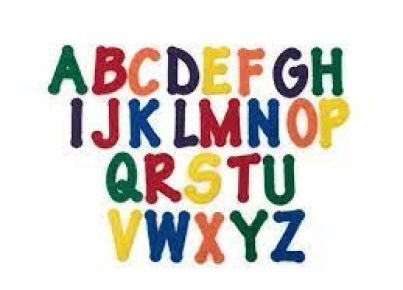Phonics is a fundamental building block in the journey of literacy. It is the bridge that connects the letters on a page with the sounds they represent, unlocking the power of reading and spelling. Building upon our first exploration of phonics games, we present a new series of activities designed to combine physical movement with phonetic learning, making the experience both educational and exhilarating for children.
Why Incorporate Active Games in Phonics?
The combination of physical activity with learning has been shown to improve concentration, memory retention, and motivation in children. Active games also cater to kinesthetic learners who learn best by doing and experiencing. These engaging types of games can help release excess energy, making it easier for kids to focus on learning afterward.
Here are some active phonics games that promise a balance of learning and fun:
1. Phonics Tag
In this lively variation of tag, each player is assigned a sound or letter. When someone is ‘It,’ they call out phonetic sounds at random. The child representing that sound must then run before being tagged. If tagged, they take over as ‘It’ and the game continues. This game helps reinforce sound recognition in an interactive way.
2. Sound Treasure Hunt
Create a treasure map with clues based on phonics rules or specific sounds. For example, “Find something that starts with the /ch/ sound.” Children will search around playing area (classroom, home, yard) to find objects that match the clue given.
3. Phonics Hopscotch
Utilize a traditional hopscotch grid but replace numbers with letters or sounds. As children hop from square to square, they say the corresponding sound out loud. You can challenge them further with blends and digraphs as they get more proficient.
4. Balloon Bop
Write letters or blend sounds on balloons and float them around the room or outdoor space. As kids keep them in the air by bopping them up, they must say the phonetic sound aloud. This is not only great for their phonemic awareness but also excellent for their motor skills.
5. Alphabet Relay
Set up a relay race where children have to collect letters from one side of the playing area and bring them back to form words at their starting point. The fastest team to spell correct words wins! This encourages not just phonics but also speed in letter recognition and word formation.
These active phonics games are more than just exercises; they are gateways to linguistic proficiency, providing an avenue for children to learn without losing interest or getting frustrated by monotony. By incorporating kinesthetic elements into phonetics instruction, educators and parents can equip young learners with essential reading skills in a delightful way that can enhance their educational journey significantly.
Infusing lessons with joy through these active games holds the key to transforming learning into an adventure that children eager anticipate every day — accelerating literacy skills while running rampant with laughter and enthusiasm.





